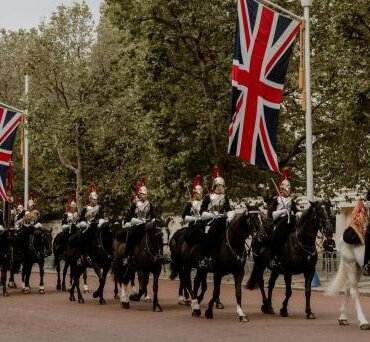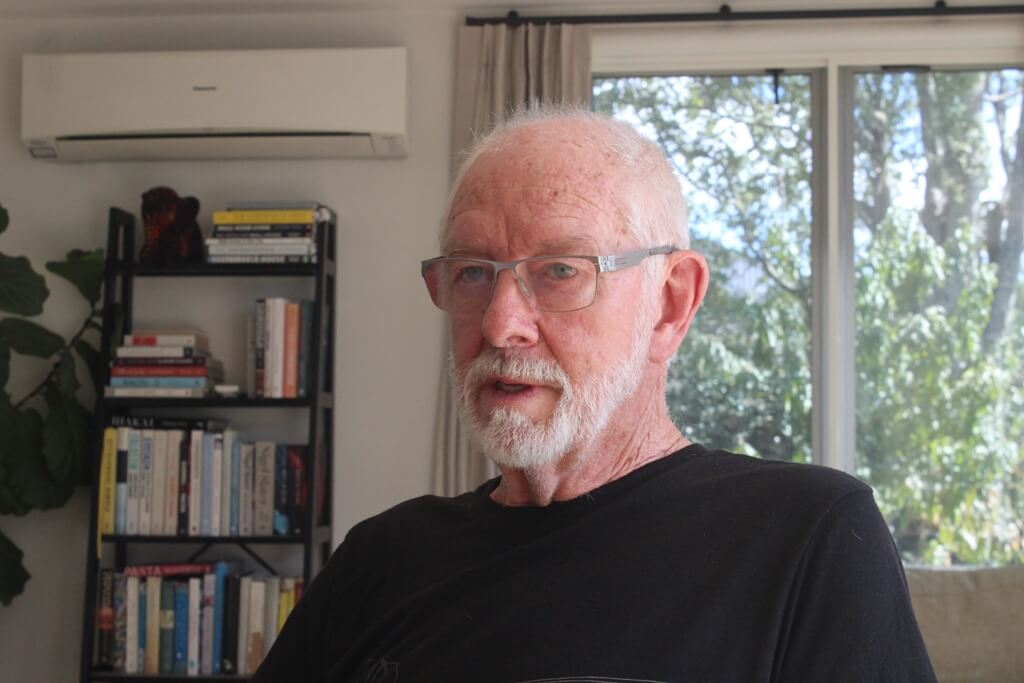
I’m currently on holiday in Europe. During our stay there have been two major elections in the United Kingdom and France. While both countries are democracies, their voting systems are very different – and so were the election outcomes.

Peter Nicholl
UK still has a first-past-the post single electorate system. This system delivers a quick result and usually a clear result. The UK outcome was clear within a few hours of the polls closing and the detailed result known the next day.
The result was a landslide win to the Labour Party. They got 412 (63 per cent) seats. But Labour only got 34 per cent of the votes cast. Each Labour seat won represented 23,500 voters. The Conservatives got 23.6 per cent of the votes but only 18.6 per cent of the seats – 56,300 voters per seat won.
The gap between votes received and seats won was much more extreme for some other parties. The Greens got 6.8 per cent of the votes but only four seats (497,000 votes per MP). The Reform UK Party outcome was even more extreme: 14.3 per cent of the votes cast but also only four MPs elected. That represented more than a million votes per MP.
Not surprisingly, there were a lot of stories in the UK media after the election about the unfairness of their voting system. NZ went through this same debate for the same reasons.
In 1993, we voted in a referendum to switch to an MMP voting system and that is the system we have had for the last 30 years. Will the UK go down the same path?
The French election system is also a first-past-the post single electorate system – but with a French twist. They have two voting rounds, a week apart. To be elected in the first round a candidate has to get over half the votes cast in the electorate.
If nobody does this, a second round of voting between the top two and any other candidate that got more than 12.5 per cent of the votes takes place. The right-wing National Rally received the most votes in round one but only 76 seats out of 577 were decided at the first vote. I wonder how many seats in the recent UK election or in our election last year would have been decided on election night if the UK or NZ had this two-round system of voting?
In the French second round because of tactical withdrawals of more than 200 eligible candidates and second-thoughts by some voters, the election result was turned on its head. A left-wing coalition went from third to first and the National Rally fell from first to third. But no group won a majority of the seats. The French face a period of negotiation and gridlock.
These two extreme results may not be due to the voting systems being used by these democracies as the two different systems both delivered large swings or unclear outcomes. Perhaps the problem is democracy itself. Voters have become disillusioned.
Italy hasn’t had a recent election. But while we were there I asked a lot of people we know what they thought of Italian politics. The most common reply was it doesn’t matter who is in government, we don’t trust any of them.
And then there is the US Presidential election…








